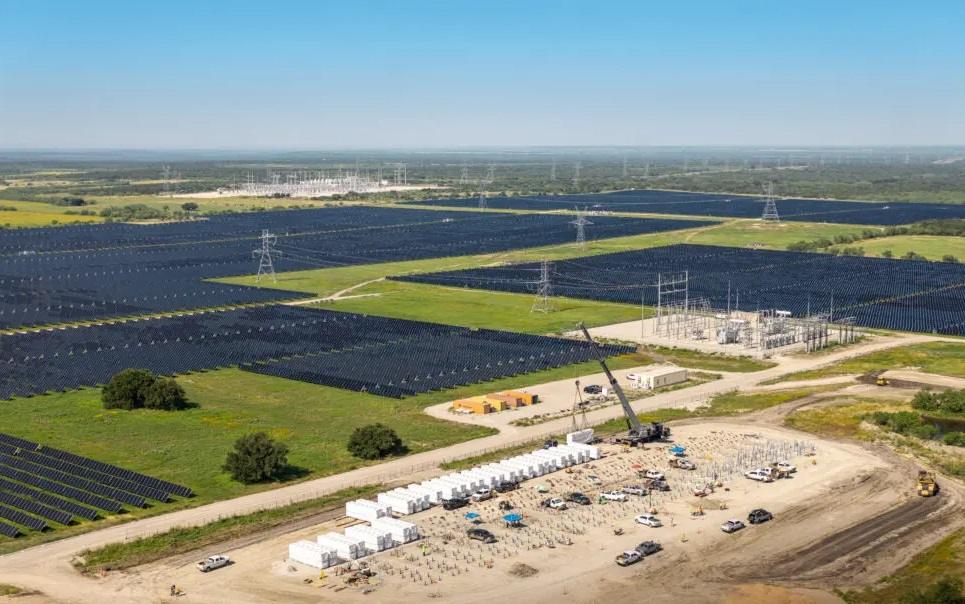IBM Survey: Employees More Likely to Accept Jobs from Sustainable Companies
Potential employees are increasingly likely to apply for and accept jobs from companies they view as environmentally sustainable, according to a new survey from global technology and business services provider IBM.
The findings were released as part of IBM’s Institute for Business Value (IBV) study, which included a survey examining consumer and employee opinions on sustainability. The survey included responses from over 16,000 people from 10 countries, covering topics ranging from employment to consumption and investing.
The survey found a growing interest in employees wanting to apply and accept jobs from environmentally sustainable companies, with 67% of the respondents reporting that they are more willing to apply for, and 68% more willing to accept positions from such companies. 35% of those who changed jobs last year, accepted a job with an employer they consider to be sustainable, while 34% accepted a role where they can directly influence sustainable outcomes.
Of the respondents who changed jobs in the past year, around one in three said that they accepted a lower salary to work for sustainable or socially responsible organizations.
While the survey findings indicate that sustainability can help create a talent advantage for companies, it can also create risk, with only 21% of respondents saying that they consider their current employers to be sustainable.
The survey also found that the majority of the respondents consider environmental factors when they weigh investment risk and reward, with 62% of personal investors surveyed reporting that their portfolios take sustainability into account, up significantly from 48% in 2021.
In terms of consumer choices, the survey found that 77% of surveyed people want to make more sustainable choices at their homes but in many cases, they don’t find it easy to do so. Respondents also outlined a series of actions businesses could take to aid them, including offering rebates or discount and creating more accessible ways to participate, among others.
Sheri Hinish, Global Lead, IBM Consulting Sustainability Services, said:
“Consumer respondents have signaled they’re willing to commit personal resources and give up conveniences to protect the planet, and we’re finally seeing their aspirations and actions merge. But they need businesses to help break down the persistent barriers that are impeding them from making the most sustainable choices possible.”
The shopping preferences of the respondents showed that three in five of them said sustainable-branded or socially responsible products made up at least half of their last purchase, with almost half of them (49%) stating that they paid a premium – on average 59% more – for products branded as sustainable or responsible. Four out of ten respondents in the lower-income brackets also reported that they paid a premium for such products.
Additionally, 23% of respondents reported making a new investment in home renewable generation in the past year, and 26% plan to do so in the next year.
35% of the respondents reported they have either stopped using personal cars that run on gasoline or they use them less due to environmental concerns. Electric vehicles (EVs) have also made significant headway, with nearly 4 in 10 consumers traveling by private EVs at least monthly in the past year.
Hinish added:
“The decisions consumers make can have huge impacts on a company’s bottom line, and consumers have spoken—they want more sustainable choices possible. By paving a clearer, more accessible path to responsible consumption, executives can do even more to build a sustainable future—for the planet, for their customers, and for their businesses.”





